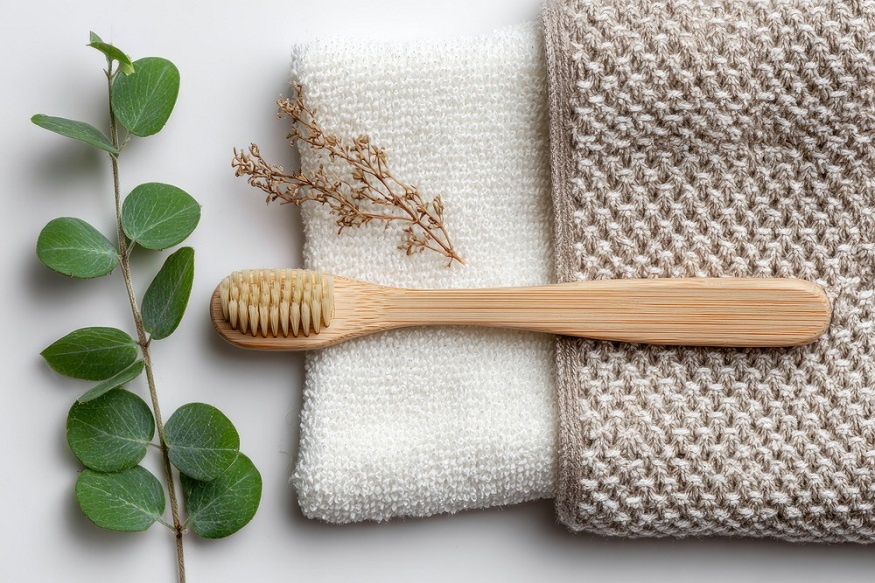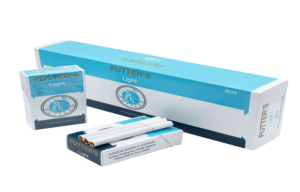Wherever you turn, someone is marketing the eco-friendly dream to you. Purchase this bamboo item. Get that natural version. Replenish your supply of environmentally friendly items. But consider this idea that may surprise you; what if protecting the planet didn’t involve purchasing anything?
The solution is obvious, yet we overlook it. Every item we avoid purchasing at the store conserves energy, resources, and transportation fuel. Each trend we overlook results in reduced waste destined for landfills. The most environmentally friendly buy? The one you never make.
Why Less Beats More Every Time
Open any bathroom cabinet in America, and you will find a graveyard of good intentions. Bottles with an inch of shampoo left. Face creams that promised miracles. Statistics say the typical household keeps around 62 personal care products hanging around. Each one took factories to make, trucks to deliver, and will take centuries to decompose.
Cut that pile down to fifteen items. Or ten. Suddenly, your morning routine flows better. You spend less money on stuff that expires before you finish it. And somewhere, a landfill gets a break from another truckload of plastic. This logic works for closets stuffed with clothes you forgot you owned. Kitchens crammed with single-purpose gadgets. Garages so full you park outside.
A basic soap bar does what three fancy bottles do. One sharp knife handles jobs that people buy five different tools for. Plain white vinegar tackles most cleaning jobs without the toxic fumes. You are not giving anything up. You’re graduating to something better.
Small Swaps, Big Impact
Don’t panic; nobody’s asking you to throw out half your belongings tomorrow. Pick a corner of your life. Just one. Could be your dental routine, switching to zero-waste oral care like bamboo compostable brushes and toothpaste tablets from brands like Ecofam instead of tubes. It could be ditching paper towels for washable cloth ones your grandmother would recognize.
Try one change. See what happens. Most people discover their “essential” products were not so essential after all. They notice how marketing created problems that did not exist, then sold them pricey fixes. Once your eyes open to this game, you start seeing it everywhere. Then, something unexpected happens. Your home feels bigger without all that stuff. Mornings run smoother with fewer bottles to juggle in the shower. Your brain relaxes when every drawer isn’t stuffed to bursting. Turns out, helping the environment helps your stress levels too.
Building Momentum Without Burning Out
Going from sixty products to six in a week? That is asking for trouble. Real change happens gradually, like erosion carving a canyon. This month, maybe you get serious about food waste. Next month, you rethink your shopping patterns. Twelve months later, you have built completely different habits without the drama. Some switches feel natural right away. Others need time to settle in. Both reactions are fine. You’re not training for the Sustainability Olympics here. You are just trying to waste a little less, one day after another.
Conclusion
People who live with less often say something surprising; they feel richer. Richer in time, since they’re not constantly shopping or organizing. Richer in money, obviously. But mostly richer in satisfaction, because everything around them has a job to do. This has nothing to do with punishment or doing without. It is about paying attention. Choosing things that last over things that break. Finding out that empty space feels better than full shelves. The environment benefits, sure. Your finances improve, absolutely. But the real winner? You realize simple living isn’t a downgrade. Sustainability should not be a chore. Getting it right feels like a long-awaited exhale.



